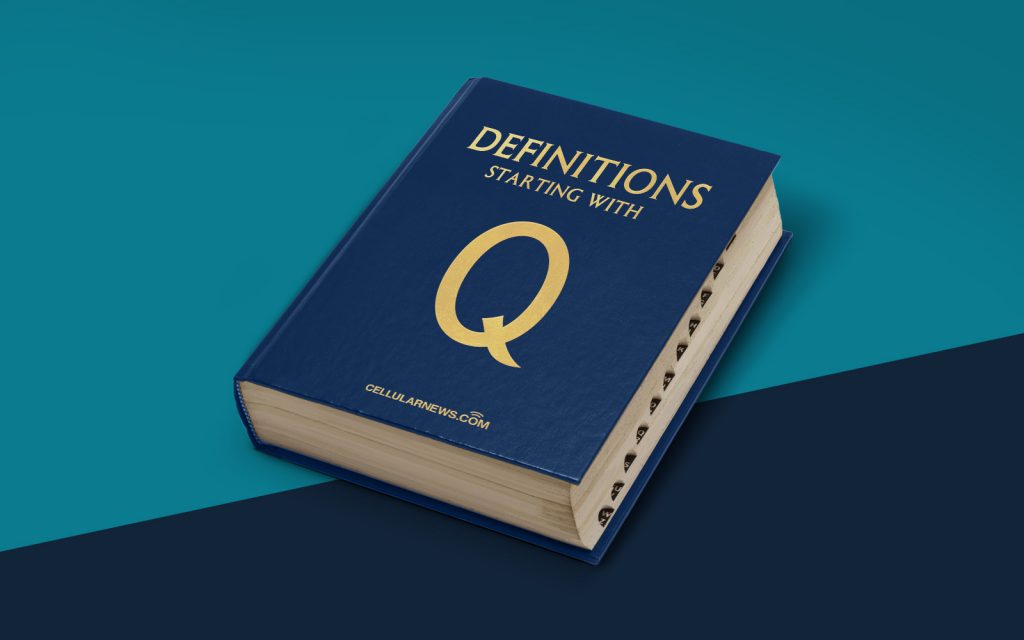
What is Quantum Machine Learning?
Welcome to another installment of DEFINITIONS, where we dive into the world of tech and break it down in simple terms. Today, we’ll be exploring the exciting field of Quantum Machine Learning (QML). So, fasten your seatbelts as we explore the fusion of quantum computing and machine learning!
Quantum Machine Learning combines the power of quantum computing with the incredible potential of machine learning algorithms. In a nutshell, it is the art of leveraging quantum properties to enhance the performance of machine learning tasks. By harnessing the principles of quantum mechanics, scientists and researchers are paving the way for groundbreaking advancements in the world of AI.
Key Takeaways:
- Quantum Machine Learning combines the power of quantum computing and machine learning.
- It harnesses the principles of quantum mechanics to enhance AI performance.
You might be wondering, what makes Quantum Machine Learning different from traditional machine learning? Well, let’s delve into that a bit further.
While classical machine learning algorithms are limited by the computational power of classical computers, QML takes advantage of the properties of quantum systems to overcome these limitations. Quantum computers use quantum bits or qubits, which can represent a combination of 0 and 1 simultaneously, thanks to quantum superposition. This astonishing capability allows quantum computers to perform computations in parallel, potentially speeding up machine learning tasks exponentially.
When it comes to creating learning models, Quantum Machine Learning opens up new possibilities. Quantum algorithms can exploit the inherent quantum properties such as quantum entanglement and interference to provide solutions to complex problems. These algorithms hold the potential to handle massive datasets and perform complex computations that are beyond the capabilities of classical computers.
Benefits of Quantum Machine Learning:
- Rapid Optimization: Quantum Machine Learning algorithms have the potential to optimize solutions at an accelerated rate, promising faster and more efficient problem-solving.
- Unleashing Complex Data Analysis: With QML, large datasets that were previously difficult to analyze can now be processed and understood in a more meaningful way.
As the field of Quantum Machine Learning continues to advance, numerous applications are being explored. From drug discovery and financial modeling to traffic optimization and artificial intelligence, the possibilities are vast. While the field is still in its early stages, researchers and tech enthusiasts are optimistic about the transformative power of Quantum Machine Learning in shaping our future.
So there you have it, a brief introduction to Quantum Machine Learning. We hope this definition has shed some light on this emerging field that merges the realms of quantum computing and machine learning. Keep your eyes peeled for more exciting discoveries and applications as QML continues to evolve!
